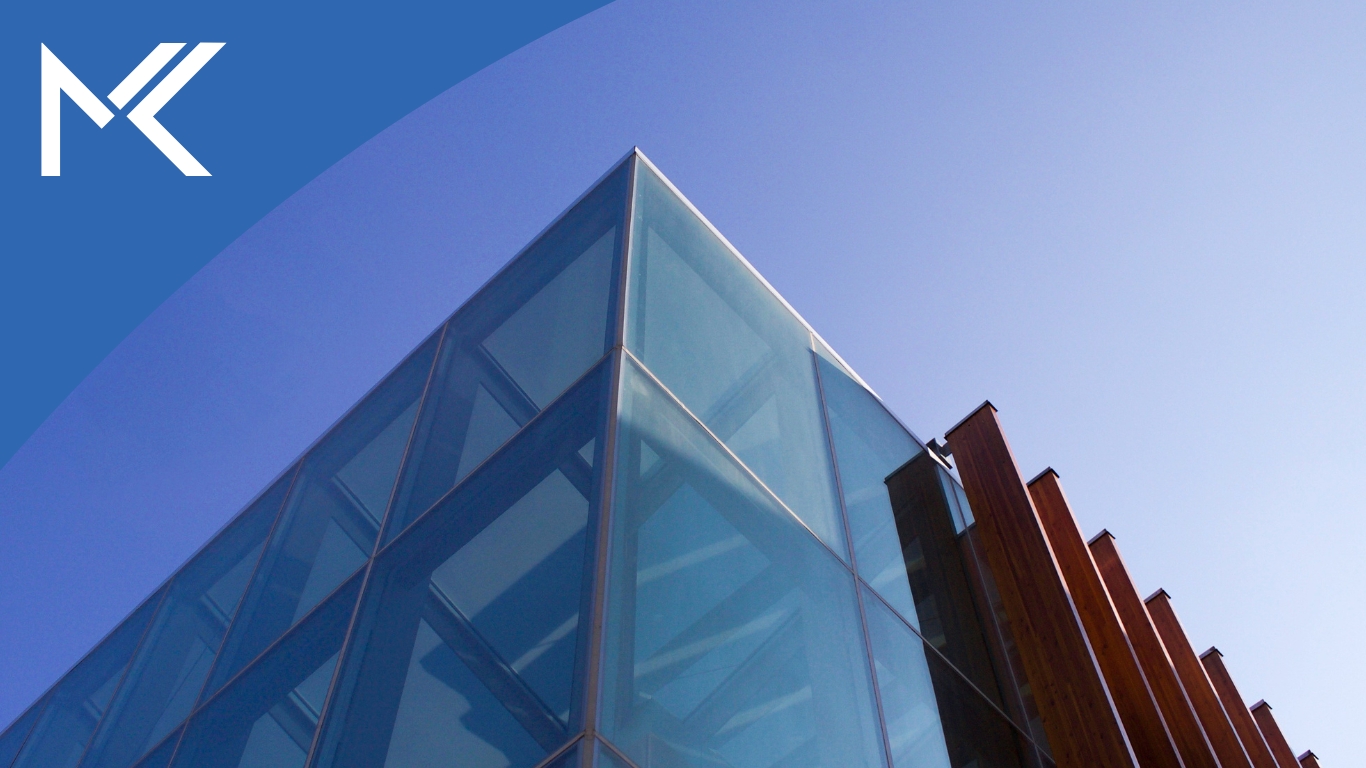Family businesses play a central role in the economy and are characterized by the concentration of ownership and management in the hands of the founder or a key family member.
This structure promotes strategic consistency and swift decision-making, but it also exposes the company to vulnerabilities in the event of the manager’s departure, incapacity, or death.
Recent amendments to Law No. 5-96 on commercial companies, introduced by Laws No. 44.24 and No. 45.24, published in the Official Bulletin of the Kingdom of Morocco on August 22, 2024, reflect this reality. They provide practical solutions to situations that had long lacked clear legal regulation and that directly affect family businesses structured as SARLs.
In many family-owned SARLs, the manager is the founder or a central family member. When this manager leaves office unexpectedly, the company may find itself unable to make decisions. Before the reform, only the manager or the statutory auditor could convene a general meeting. However, family-owned SARLs often do not have a statutory auditor, which exposed them to situations of deadlock.
Law No. 44.24 addresses this issue by now allowing the partners to convene a general meeting whenever the position of manager becomes vacant, regardless of the reason. This change strengthens the company’s legal security and ensures continuity of management. It also provides family members who are partners with a legal framework to organize the transition without immediately resorting to the courts.
Another major contribution concerns the situation, which is very sensitive from an estate-planning perspective, of the death of the sole partner of a limited liability company.
This single-member corporate form is widely used, but before the reform it suffered from a significant weakness. In the absence of a specific legal provision, the heirs of the sole partner were faced with a frozen company, with no clear possibility to update the articles of association (Statuts) or to adapt the structure to the succession process.
Law No. 45.24 offers a pragmatic solution to this problem. It allows heirs or beneficiaries to request that the president of the commercial court appoint a representative responsible for convening the company’s general meeting.
This request must be made within sixty days of the death. The aim is not to resolve inheritance disputes, but to allow the company to continue operating normally and to bring its articles of association into line with the new shareholding situation.
For family businesses, this mechanism has clear asset-protection benefits. It prevents one heir from taking control of the company without a clear legal framework and safeguards the rights of all beneficiaries. It also helps preserve the economic value of the business during the estate settlement period.
These new provisions reflect a significant evolution in company law, enabling family-owned SARLs to navigate transition periods without jeopardizing business continuity.
However, these legislative developments do not replace the need for company leaders to plan ahead for succession using appropriate legal and financial tools. Our firm assists family businesses and their managers in structuring and implementing these mechanisms, ensuring secure governance, an orderly succession process, and effective protection of their professional assets.




